A diploma in industrial engineering is a post-secondary education program that provides students with the knowledge and skills needed to design, optimize, and manage industrial systems and processes. The program covers a wide range of topics related to engineering, technology, management, and business.
Here are some of the key skills and knowledge that a student can expect to gain from a diploma in industrial engineering program:
- Process Design and Optimization: Students will learn how to design and optimize industrial processes using various techniques, such as mathematical modeling, simulation, and statistical analysis.
- Production Planning and Control: Students will learn how to plan and control the production process to maximize efficiency, reduce waste, and improve quality.
- PMTS: Pre-determined motion time system (PMTS) is a method used in time and motion study to analyze and improve work processes. It involves breaking down a task into individual motions and assigning a standard time for each motion, based on historical data or analysis of the task.
- Project Management: Students will learn how to plan, organize, and manage engineering projects, including scheduling, budgeting, and risk management.
- Lean Manufacturing: Students will learn the principles of lean manufacturing, including waste elimination, continuous improvement, and value stream mapping.
- Industrial Safety & Health : Students will learn how to design and implement safety management systems to ensure that industrial operations are safe.
- Labour Law: Labour law refers to the set of rules and regulations that govern the relationship between employers and employees in the workplace. These laws aim to protect the rights and interests of workers, ensure fair treatment, prevent exploitation, and promote a safe and healthy work environment.
A diploma in industrial engineering can lead to a wide range of career opportunities in industries such as manufacturing, transportation, logistics, healthcare, and energy. Graduates may find employment as industrial engineers, process engineers, production managers, supply chain managers, quality managers, project managers, or health and safety managers.

-
0 % In Progress
